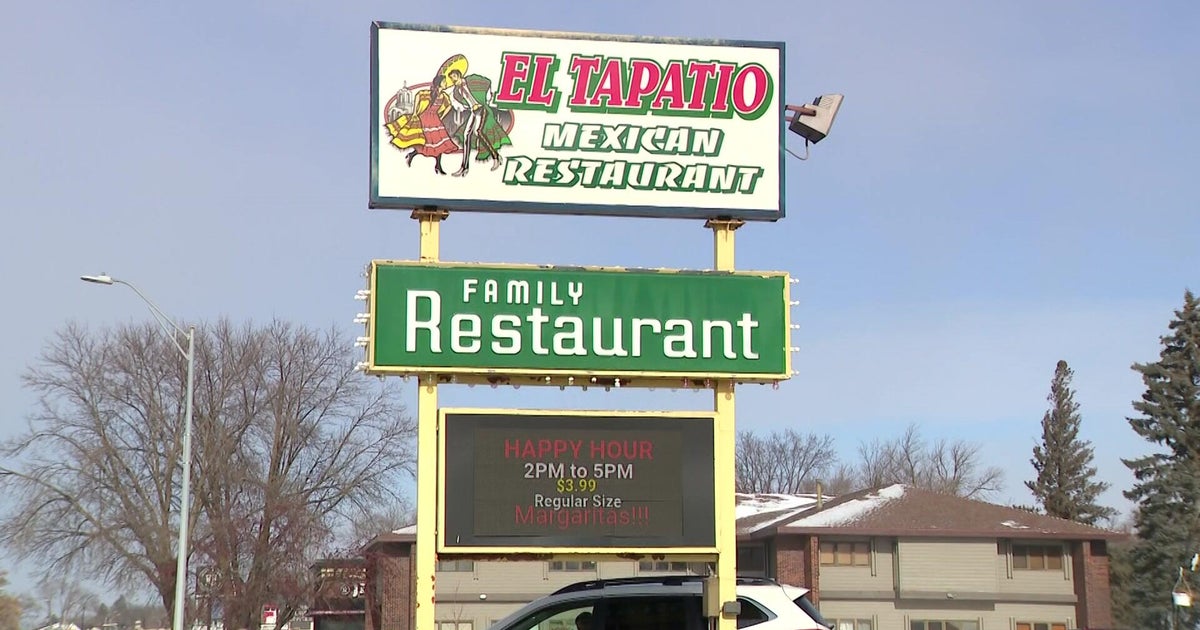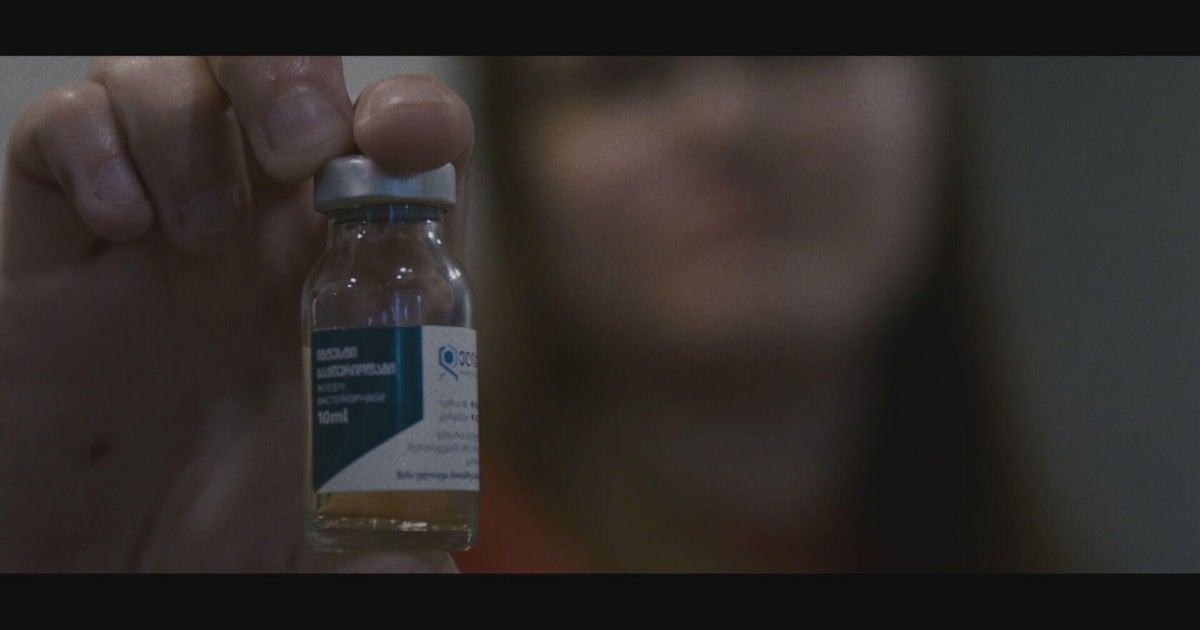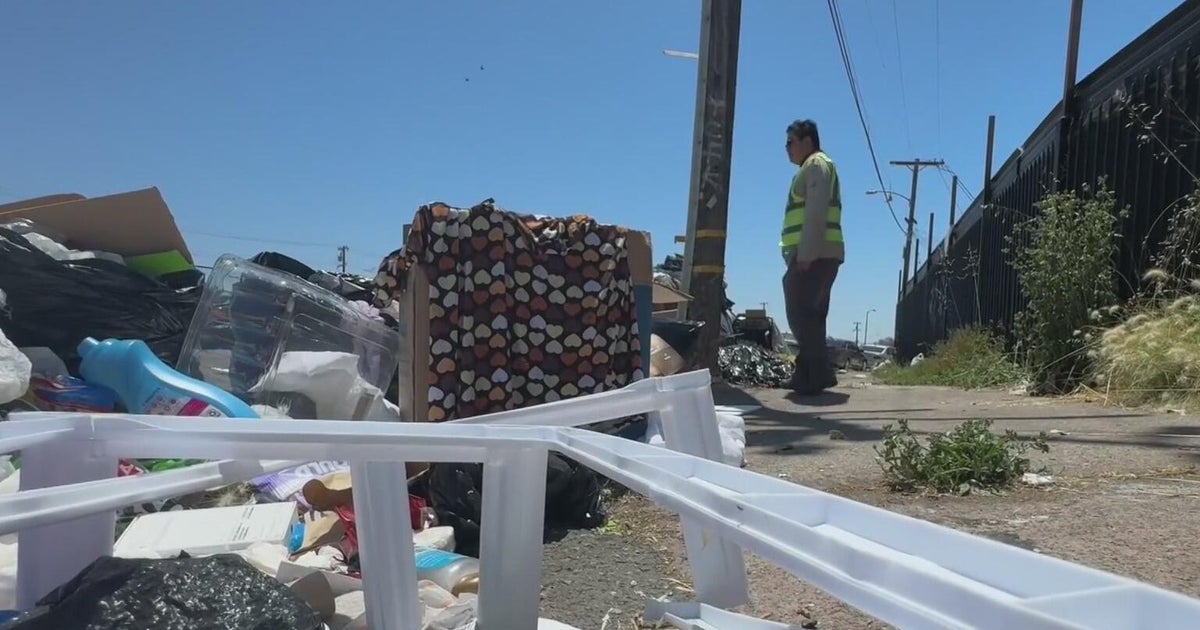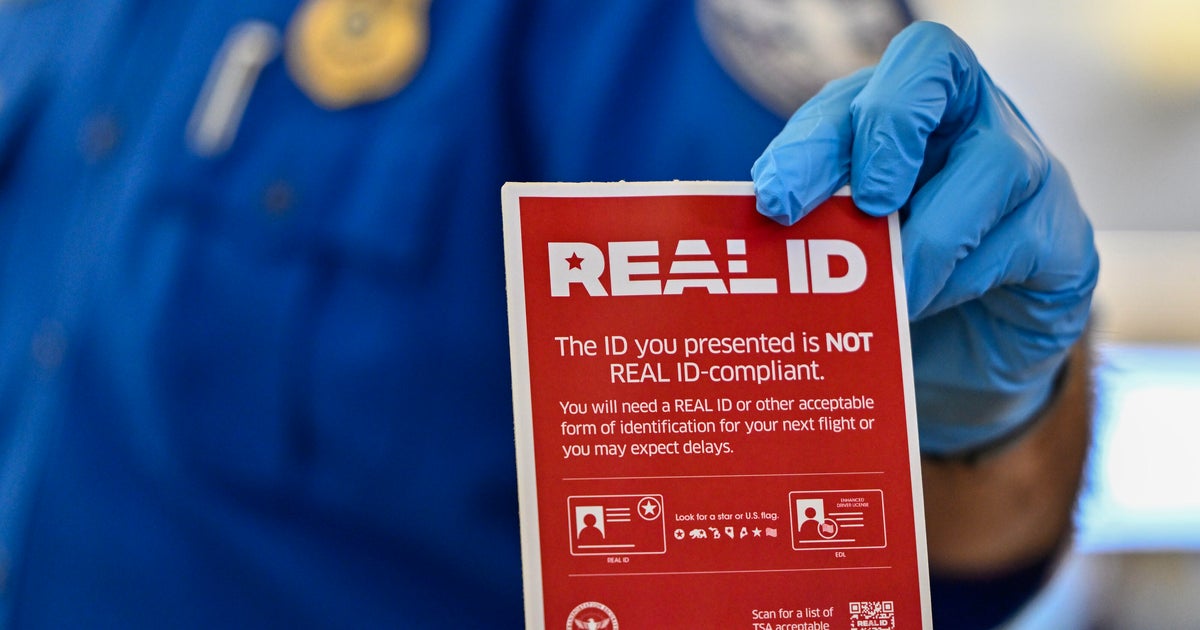Colorado real estate agent impersonated by scammer wants to help you avoid scams
Real estate agent Katrina Nguyen knows how to spot a rental scammer.
"I've been getting a lot of calls on different listings and people are trying to figure out if it's a legit rental or not, and a lot of times it's not," said Nguyen.
She says she's seen an increase in rental scams in Denver in recent months. Scammers have used real photos of her listings, and even her, to target people.
"They were listing different listings on Craigslist and Facebook marketplace," said Nguyen.
Last month, Nguyen heard from the victim of a scammer who pretended to be her.
"I'm just really sick by the fact that someone is using me to scam other people," said Nguyen.
She confirmed the listings were fraudulent, but the man had already lost $2,500 to the scammer.
"By the time the fake security deposit is already wired, they already changed the profile and changed their name and so they're not traceable," said Nguyen.
That's why she wants everyone to know how to spot a rental scam. Colorado has some of the most rental scams per capita, according to ApartmentGuide.
"What they typically do is they list the property for rent at a really great price," said Nguyen. "So it's enticing because it's usually in a really great neighborhood."
Scam listings will also likely advertise no background or credit check. Another big red flag is if they ask for money before you've seen the property.
Nguyen found a suspicious listing on Craigslist.
"This house in Wash Park is listed for $1,342, these are professional photos that were likely stolen," said Nguyen.
RELATED: Colorado's mountain communities are often targets for rental scams
A quick Google search shows the property is for sale on Zillow for $1.3 million; a telltale sign the rent listing is a scam.
Nguyen called the agent on that listing.
"I actually found your listing on Craigslist for rent. It's listed for $1,342," Nguyen said on the phone with the other agent.
"Yeah that's a scam," he immediately replied. He then thanked her for letting him know and they both agreed to report the fraudulent listing.
Moral of the story: if it looks too good to be true, it probably is.
Googling the address to see if the property may actually be for sale, and checking the ownership records on the county assessor's website, are also great tools in determining whether a listing is real.
If you encounter a scam, report it to the police. If you're not sure, always air on the side of caution before sending anyone your money. You can also consult a real estate agent for help.









